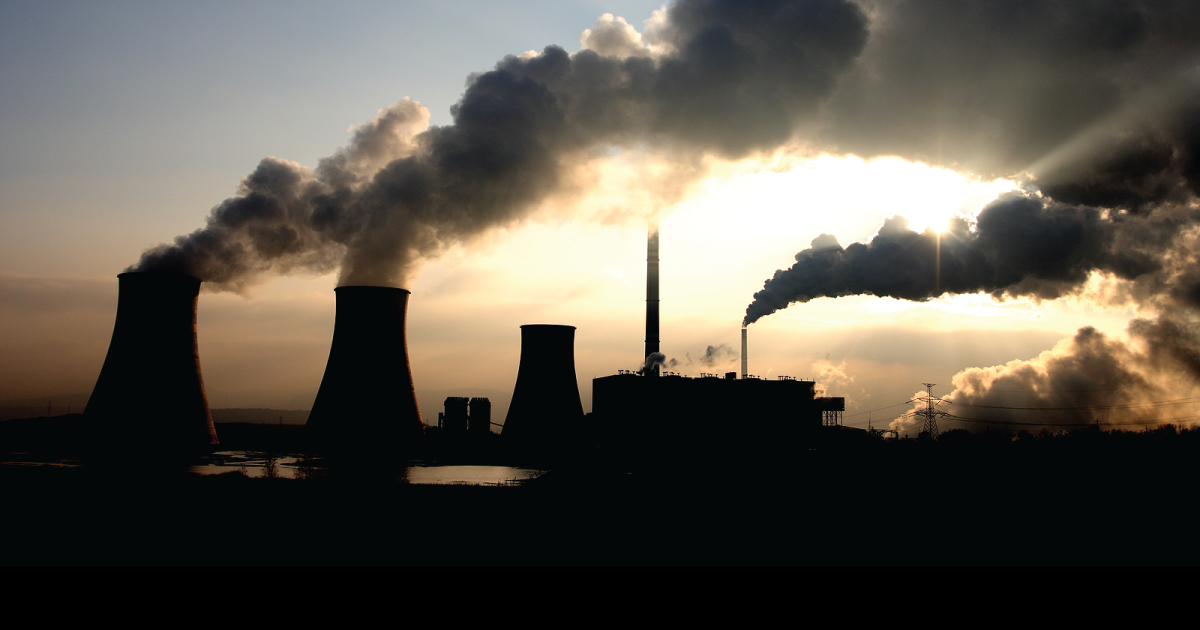
How To Pay for Climate Justice When Polluters Have All the Money
The COP27 climate conference, in Egypt, was in large part a global search for cash.
April 1, 2023 | Source: The New Yorker | by Bill McKibben
The COP27 climate conference, in Egypt, was in large part a global search for cash.
The climate summit just concluding in Egypt ran hard into one of the world’s greatest structural problems: most of the money is in the Global North, but most of the need is in the Global South. Nearly three hundred years of burning fossil fuels have produced much of that northern wealth, and now the resulting greenhouse gases are heating the planet and producing much of that southern need. So is there some way to mobilize that money to build a more livable future? The conference went into overtime on Saturday, in part to make a small start on that very big question.
For two weeks, the money issue bedevilled negotiators in the grim warehouse in a desert that Egypt, the host police state, offered up as the headquarters for the annual global gathering. It’s actually a fairly new focus—until now, most cop meetings have primarily aimed to pressure the big emitting nations to set ambitious targets for decarbonization. But the congressional passage of the Inflation Reduction Act finally brought the laggard United States into some kind of compliance with its proffered carbon-reduction targets, and a recent meeting between President Joe Biden and President Xi Jinping of China, at the G-20 conference on November 14th, seemed to indicate that coöperation between the carbon superpowers was back on some sort of track, after it was derailed by Nancy Pelosi’s visit to Taiwan. For now, the industrialized world is working on its own energy transformation.
